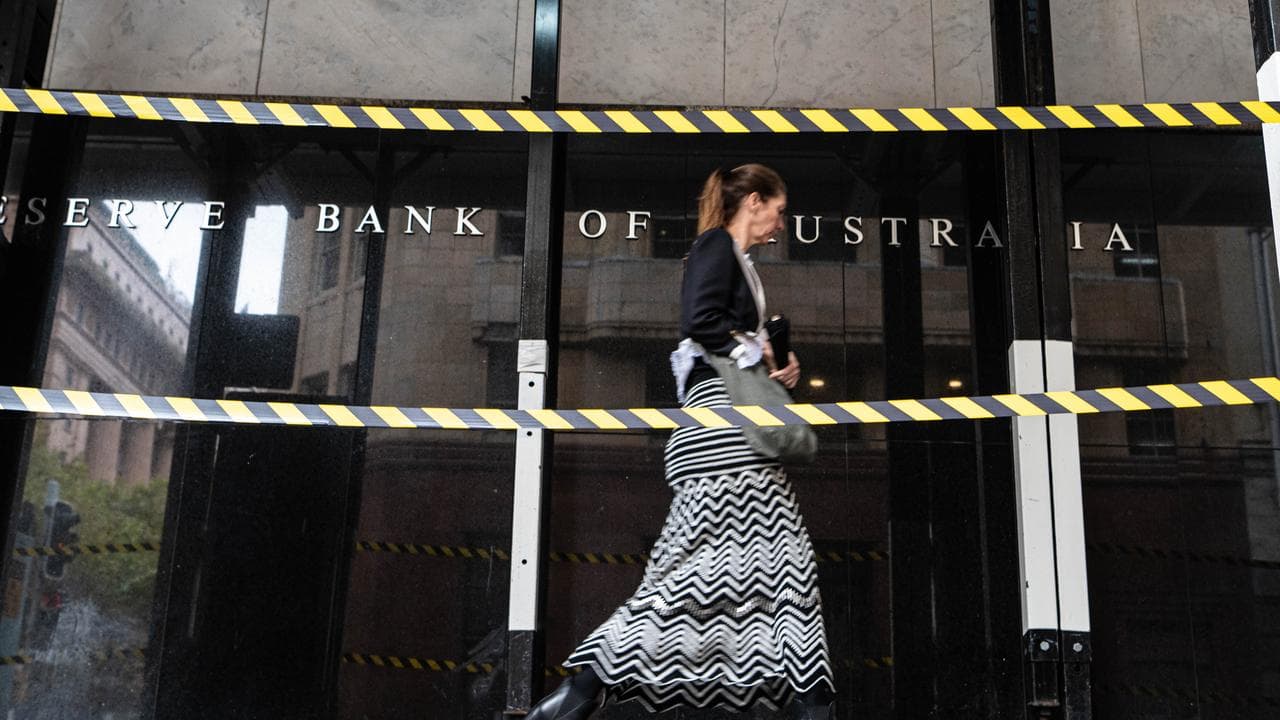
More mortgage holders are failing to stump up for their monthly repayments with numbers likely to climb even after the Reserve Bank paused interest rates this month.
The central bank's four percentage points of interest rate hikes and the high cost of living has already nudged up the number of borrowers 30 days in arrears, albeit from relatively low levels.
Moody's analysts Helen Liu and Alena Chen expect to see mortgage delinquencies, which is when borrowers are more than 30 days late on their payments, "rise moderately" as higher interest rates drive up the cost of servicing loans.
"Borrowers who took out mortgages at very low interest rates in the few years before the RBA started its monetary tightening cycle pose a particular risk," they wrote in a report.
A sizeable cohort of mortgage holders are expected to roll off their low fixed rate plans and onto more expensive options in the next six to 12 months, which will add to the rate of delinquencies.
But the analysts said Australia's robust lending rules, including serviceability buffers, should keep a lid on delinquencies.
Australia's strong jobs market should also keep most households in a position to keeping paying on their loans.
The unemployment rate has been hovering in the mid-threes for several months and fell back to 3.6 per cent in May.
Mortgage holders were granted a month's reprieve from interest rate hikes in July, with the RBA opting to keep interest rates on hold at 4.1 per cent.
This followed 12 interest rate hikes since May last year in response to surging inflation.
Prime Minister Anthony Albanese said the last budget, handed down in May, was working for the RBA and not against it.
"That's why we banked those revenue upgrades to the bottom line so that we didn't provide the Reserve Bank with any more arguments that they should have further increases," he said.
The opposition has criticised the government's budget management, saying it's fuelling inflation and keeping pressure on the RBA to keep lifting interest rates.
But the federal government rejects this, arguing its decision to bank most of the revenue upgrades from people working and earning more, plus higher commodities, is helping take some heat out of the inflation challenge.
Opposition finance spokeswoman Jane Hume said the government was "playing around the edges" to tackle the inflation challenge and it needed to double down.
"We would like to see the government do its bit to actually bring inflation down, not just wave the white flag and say 'that's not our responsibility, that's the Reserve Bank's responsibility'," Senator Hume told Sky News.
"It should be doing its bit to actually have deflationary measures."




